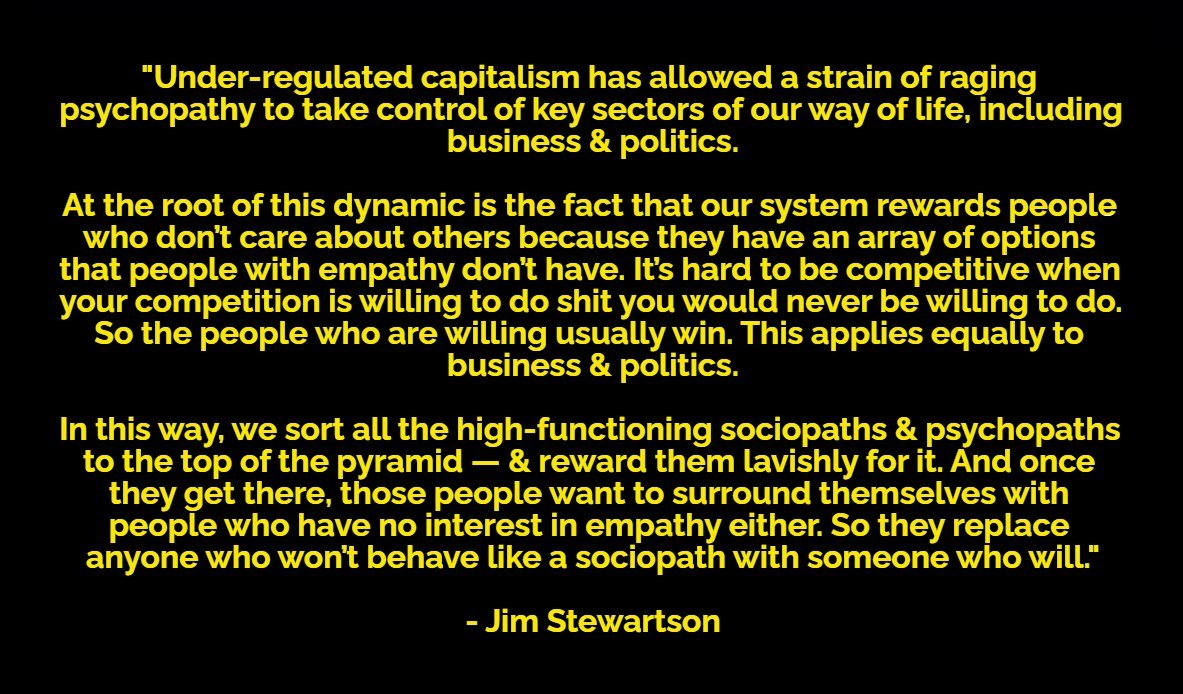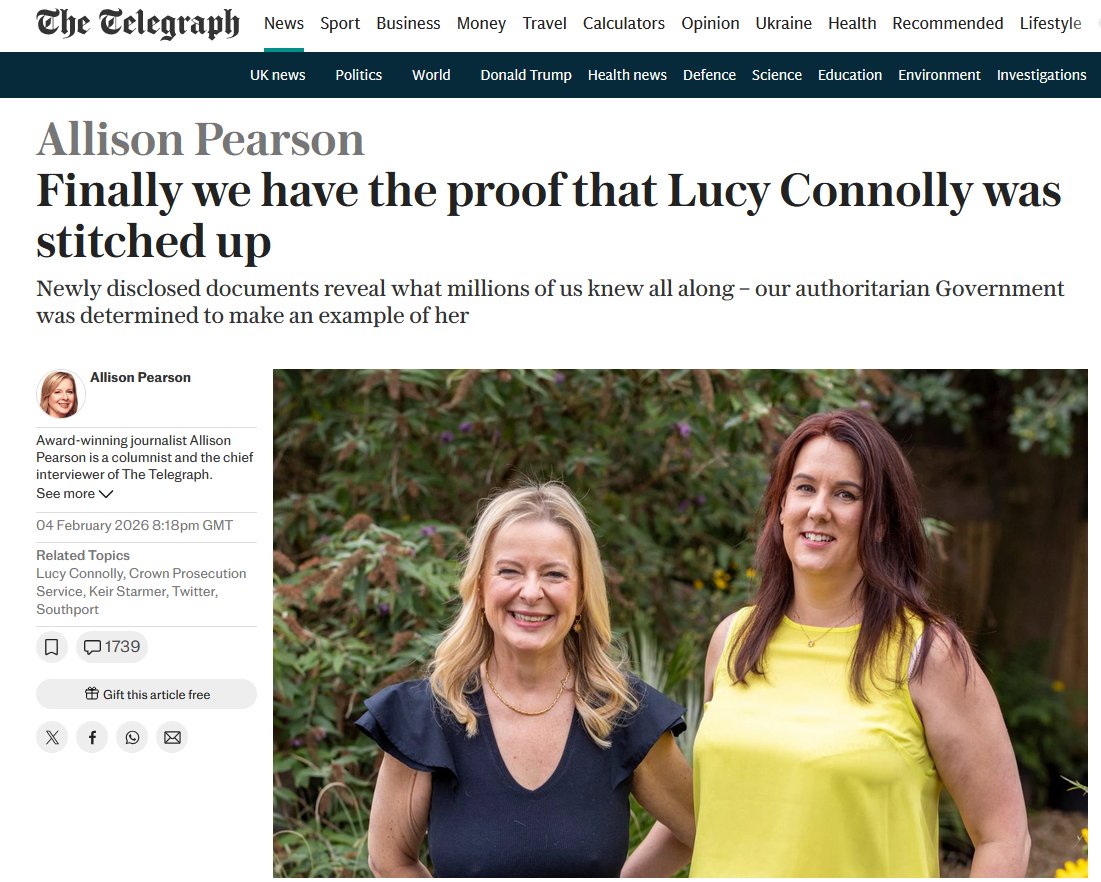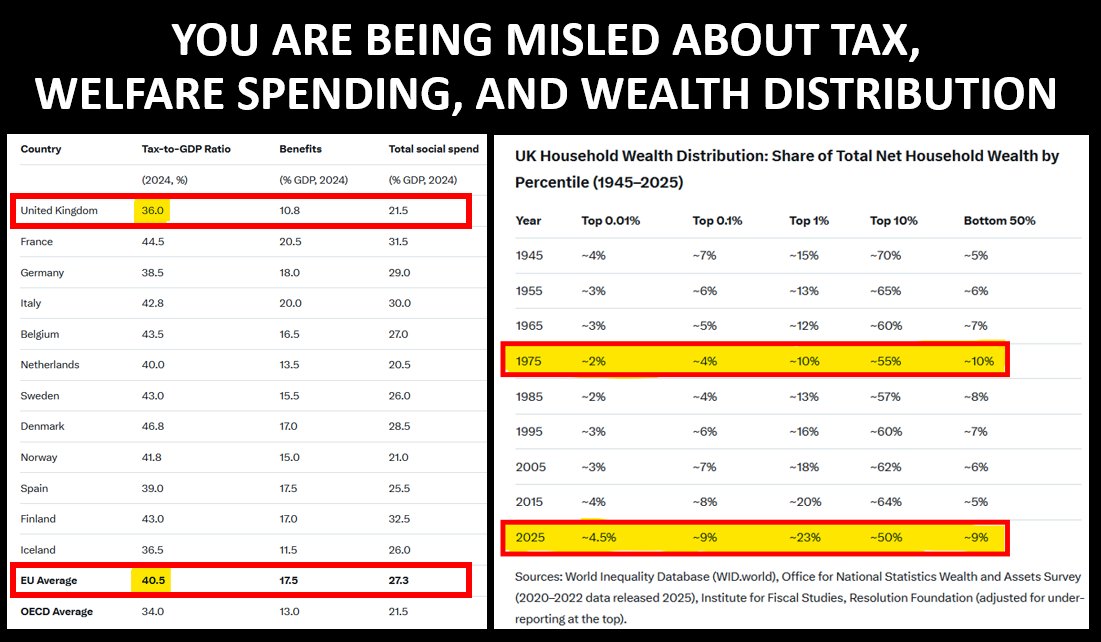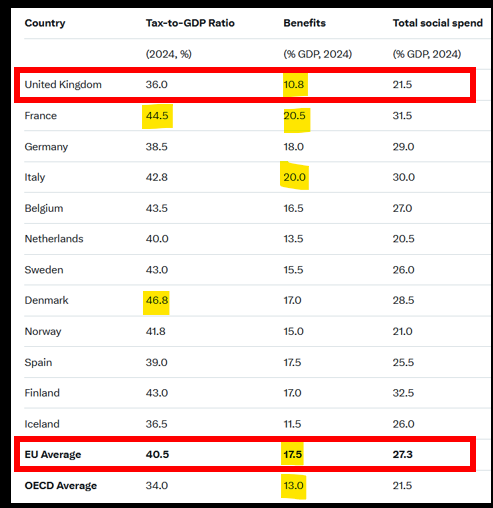#THREAD
#Sociopaths: lack empathy & are unable to feel remorse for their actions; tend to lack emotions in response to events around them; have a high feeling of love & admiration toward themselves, but also have low self-esteem, which they often hide under a facade of charm.
#Sociopaths: lack empathy & are unable to feel remorse for their actions; tend to lack emotions in response to events around them; have a high feeling of love & admiration toward themselves, but also have low self-esteem, which they often hide under a facade of charm.

#Sociopaths: have a highly calculative nature; can start manipulating others for their own personal benefits; usually manipulate other people without any feelings of guilt or remorse; & can also be quite charming, even if they fail to understand the feelings of others. 

#Sociopaths: are capable & are adept at appearing to be charming & normal; usually possess a high IQ, which they use for manipulation purposes; always strive for attention; usually desire the approval of others; but are extremely sensitive to criticisms. 

#Sociopaths: often feel they deserve appreciation & admiration from others, even for small things; often have a lack of trust & paranoia; can have a criminal scheming mentality; & can be very secretive about their plans, plotting devious ways or methods to achieve what they want. 

#Sociopaths: lack a sense of remorse, guilt, or emotional attachments; often have affairs & engage in controversial sexual activities in secrecy; often have a tyrannical streak; would always want to be in authority; & would love to order & rule over others. 

#Sociopaths: tend to get bored easily with routine activities; want to keep stimulated to dismiss their boredom; tend to make impulsive decisions; & do not think of the consequences of their wrongdoings. 

#Sociopaths: are compulsive liars & will not speak truthfully; usually have failed marriages due to this trait; have a highly sadistic nature by taking pleasure when other people are hurt; do not feel guilt. 

#Sociopaths: are impulsive; have little interest in others; show an eccentric nature; do not think of the consequences of their behaviour; have very few close friends; tend to be cold & manipulative in their relationships; can be emotionally abusive; & often amass great wealth. 

• • •
Missing some Tweet in this thread? You can try to
force a refresh












